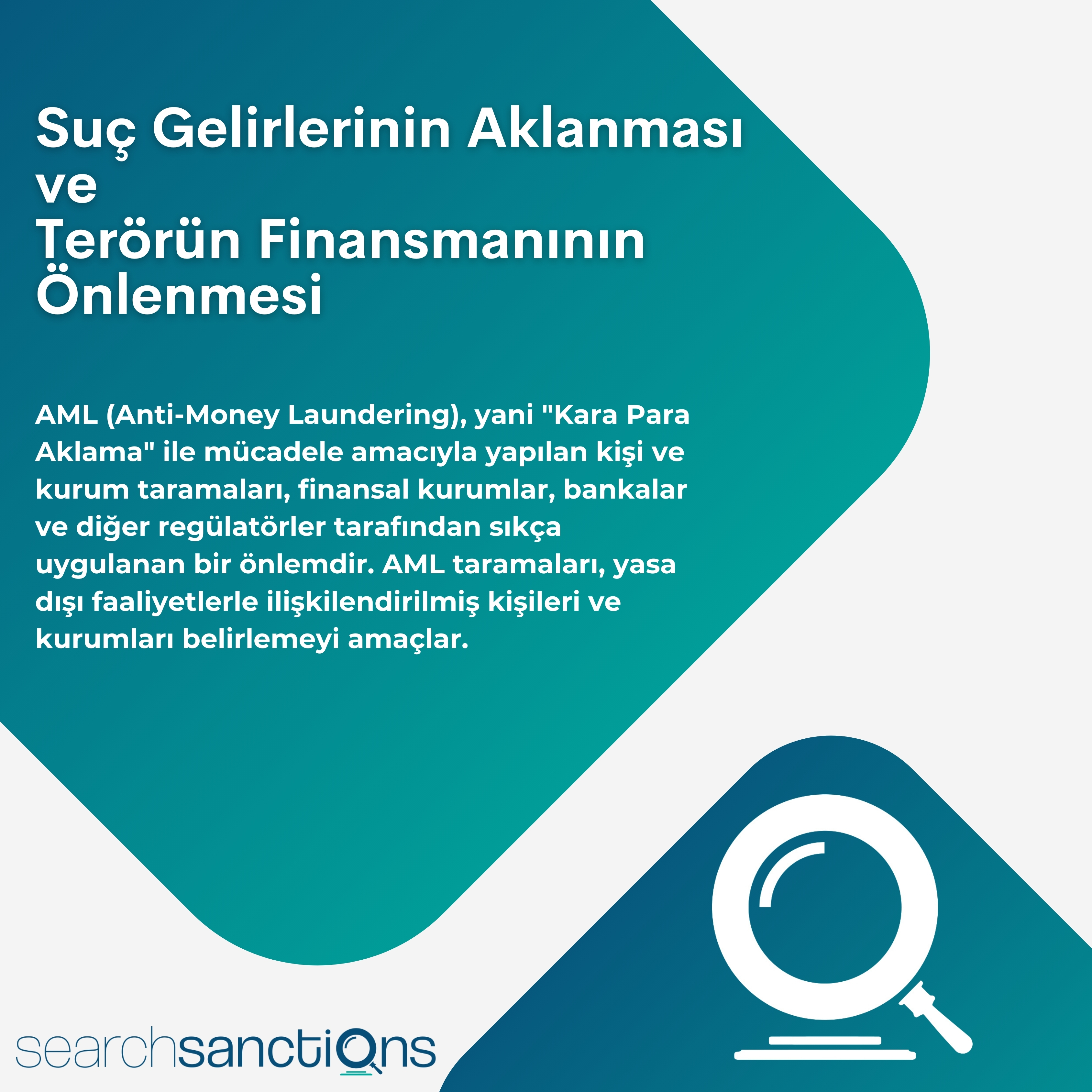Prevention of Laundering Proceeds of Crime and Financing of Terrorism
Today, money laundering and terrorist financing are two of the biggest concerns of the international community. These two elements not only threaten economic stability, but also seriously jeopardize global security.
Money Laundering: A Threat and Efforts
1. Definition and Types of Proceeds of Crime
The proceeds of crime generally refer to the proceeds from illegal activities. Many different types of crimes such as drug trafficking, money laundering, bribery and organized crime can constitute the source of proceeds of crime.
2. Laundering Process and Methods
Laundering the proceeds of crime involves converting those proceeds from illicit to legal sources. The basic laundering process usually consists of three stages: placement, concealment and integration. Methods such as offshore accounts, real estate investments and fraudulent transactions are just some of the tools used to launder the proceeds of crime.
3. International Cooperation and Legal Framework
International cooperation is critical for the prevention of money laundering. Many countries have adopted various legal arrangements to prevent such crimes and trace the proceeds of crime. In addition, information sharing and cooperation among financial institutions also play an important role.
Preventing Terrorist Financing: A Challenge to Global Security
1. Definition and Sources of Terrorist Financing
Terrorist financing involves providing terrorist groups with resources to sustain their activities. These resources include various methods such as drug trafficking, arms smuggling, ransom and illegal donations.
2. Financial Intelligence and Tracking
Financial intelligence and monitoring mechanisms have been established to prevent terrorist financing. These mechanisms aim to identify suspicious transactions by monitoring international financial flows.
3. Civil Society and Public-Private Partnership
Civil society organizations and the private sector play an important role in preventing terrorist financing in cooperation with state institutions. Banks, financial institutions and other private sector actors have an obligation to report suspicious transactions and thus contribute to the monitoring of terrorist financing.
Global Solutions to Global Challenges
Money laundering and terrorist financing are global threats that can only be addressed with a global approach. International cooperation, strong legal frameworks, financial intelligence and the active engagement of civil society are the cornerstones of tackling these threats. Only through inter-state cooperation and joint efforts can AML and terrorist financing be prevented, thus ensuring global security and economic stability.
AML (Anti-Money Laundering), or anti-money laundering, screening of individuals and institutions is a common measure used by financial institutions, banks and other regulators. AML screens aim to identify individuals and entities associated with illegal activities. These screens typically include the following steps:
- Customer Identification: Financial institutions must know their customers and verify their identities. In this process, details such as the customer's credentials, business history, financial status and business purpose are examined.
- Risk Assessment: Financial institutions assess the potential risk of their customers and transactions. High-risk customers or transactions are scrutinized more closely.
- Suspicious Transaction Monitoring: Financial transactions are regularly monitored and immediate action is taken when abnormal activity is detected. This includes issuing alerts when there is a change in a particular client's account activity or the nature of a particular transaction.
- Sanctions Lists Check: Individuals and entities are checked to see if they are on various international and domestic sanctions lists.
- Reporting: Financial institutions are required to report suspicious activity. Reports are usually shared with local regulators and legal authorities.
Such screening is usually carried out through automated systems and big data analysis is used to detect suspicious activity. In addition, financial institutions strengthen these screening processes through staff training and continuously updated policies and procedures. You can contact us to benefit from our services and get detailed information.
Request Demo
You can contact us as to our services, integration processes, request demo or customized solutions.


